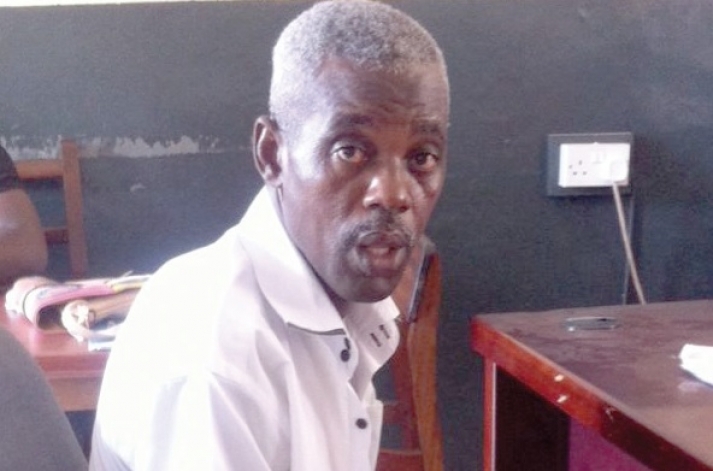
A herbal medicine manufacturer and his two sons have been arrested for attempting to swindle the Takoradi branch of Japan Motors.
Prior to their arrest, Cyrillus Vandyke, the herbal medicine manufacturer, and McCollins Jerrold and Gabriel Mensah, his sons, had succeeded in moving six new Nissan pick-ups from the showroom of Japan Motors in Takoradi and collected ¢89,575 from the company.
The suspects were said to have gone to the premises of the company and posed as businessmen from the VANMAC Group of Companies with a fake Canadian SWIFT code to pay and move six brand new Nissan pick-ups from the showroom of Japan Motors in Takoradi.
They were said to have paid $218,000 with the fake SWIFT code for the six vehicles, more than the $210,046 face value cost of the vehicles.
They also succeeded in collecting ¢89,575, being a refund from Japan Motors after declining some features of the vehicles, thereby bringing the cost of the vehicles to $189,046.
Police investigations
The Takoradi District Police Commander, Superintendent of Police Mr Peter Ofori Donkor, who confirmed the incident, said Van Dyke and his sons went to the branch office of Japan Motors and expressed interest in buying vehicles with canopies.
He said the suspects were subsequently issued with a pro-forma invoice amounting to $210.046.
He said the suspects went back to find out if Japan Motors had an account in Canada for easy transfer of the amount, saying that their business partners in Canada wanted to pay for the vehicles.
According to Mr Donkor, Japan Motors gave the account details of its suppliers in Canada to the three to complete the transaction.
“Days after, the three went to the office of Japan Motors again and told the managers that their business partners had transferred $218,000 into the supplier’s account in Canada,” he said.
“The transfer advice, according to the police, was from Mr Timmy Duckbron,” he added.
After some days, he said, the suppliers in Canada confirmed via email to the Head Office of Japan Motors in Accra that $218,000 had been received and instructed its Takoradi Office to release the six vehicles.
The change
Mr Donkor said the suspects asked for a change in the initial request for canopies and that the vehicles should come without the canopies as requested.
That, he said, brought the cost down to $189,046, leaving a change in price of $28,954, for which a cheque for GH¢89,575 was issued in the name of the VANMAC Group of Companies.
The District Police Commander said Van Dyke returned to the Takoradi office of Japan Motors to explain that the cheque for GH¢89,575 could not be cashed because they had not completed the company registration process for the VANMAC Group of Companies.
“The company again issued another cheque, in the name of Cyrillus Vandyke Mensah, which he paid into his Fidelity Bank account number 2030-2150-743-35 and was cleared accordingly,” he said.
The discovery
Mr Donkor said after collecting the refund, the suspects asked for another pro-forma invoice for three units of the latest Nissan Patrol Y62 and shortly after that submitted another SWIFT advice with face value of $320,000.
He said before Japan Motors could release the new consignment, it received an email from Canada indicating that the codes were not genuine and another message from the head office that the deal was a fraud.
The mistake and bait
The commander said the head office told the Takoradi office that the email to the office to confirm the receipt of $218,000 had been a mistake and that the amount had not been received, nor had there been any such transaction with Mr Duckbron.
The police said as a bait, Vandyke and his team were informed of the confirmation of their second request.
He said Vandyke moved to the premises of Japan Motors where he was picked up and he led the police to recover the vehicles.
The police said they had recovered the six vehicles and handed them over to the company for safekeeping.
He, however, said the suspects could not account for the GH¢89.575 which they took from the company.
The three, who have been granted bail, would be put before court charged with fraud on the orders of the Attorney- General’s Department while investigations continued.
SWIFT code
The SWIFT code is a unique identification code for both financial and non-financial institutions. It stands for Society for Worldwide Interbank Financial Telecommunication. When it is assigned to a non-financial institution, the code may also be known as a Business Entity Identifier (BEI).
These codes are used when transferring money between banks, particularly for international wire transfers, and also for the exchange of other messages between banks.
The codes can sometimes be found on account statements.
Source: Daily Graphic



